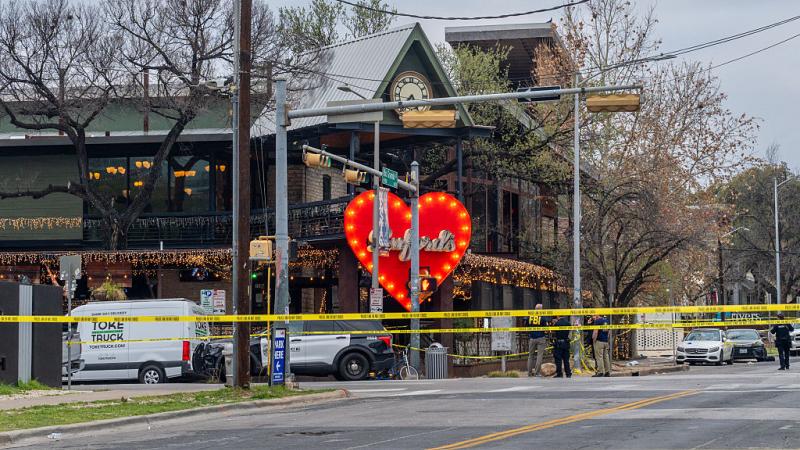Maine weighs protections for election workers
A June 2020 report by the Brennan Center for Justice found that one in three election workers feel unsafe on the job.
Maine lawmakers are weighing changes to the state's election laws to safeguard ballots and prevent threats and intimidation against local election workers.
One proposal, which was heard by the Legislature's Veterans and Legal Affairs Committee last week, would make it a felony to harass, threaten or intimidate election workers.
Backers of the legislation say toughening the penalties would improve safety for election workers, who have increasingly faced threats and intimidation from politicians and voters upset over the outcomes of recent elections.
"There has been an alarming increase in the number of death threats and violence made against election workers and officials across the country including here in our home state," state Rep. Bruce White, D-Waterville, the bill's sponsor, told the panel. "It is disturbing to say the least."
The measure, if approved, would make it a Class C felony for anyone to interfere "by force, violence, intimidation or any physical act" with an election official performance of their duty.
Anyone convicted of violating the proposed law could face up to five years in prison.
The legislation is backed by Secretary of State Shenna Bellows, who cited a "dramatic increase" in documented threats against the election officials throughout the country.
"When our municipal clerks are threatened, especially in the course of performance of their official duties, our democracy itself is threatened," she told the committee.
Supporters of the bill said at least two Maine election clerks have been threatened in recent years, but didn't provide details about the incidents or whether they were being investigated.
A June 2020 report by the Brennan Center for Justice found that one in three election workers feel unsafe on the job, while many others are concerned about threats to their lives. Last year, the U.S. Department of Justice created a special task force to deal with the rising number of reported threats against election workers. But civil liberties groups argue that increasing penalties for threats and intimidation from a misdemeanor to a felony charge won't make election workers safer or improve integrity. "There is no evidence that making interference with elections a felony rather than a misdemeanor is more likely to deter people from making threats," Meagan Sway, policy director for the American Civil Liberties Union of Maine, told the committee on Wednesday. "The behavior that the language of this bill addresses is already a crime." Another proposal heard by the committee would ban out-of-state groups from taking possession of Maine ballots to conduct post-election audits and independent reviews. The bill would prohibit clerks from "transferring possession, custody or control" of a voting machine or ballots to a third party without authorization from the state elections office. The bill's primary sponsor, state Rep. Teresa Pierce, D-Falmouth, acknowledged that Maine hasn't had any major issues with third-party groups trying to gain access to ballots, but argued there's a need to safeguard the state's election system against such intrusions. She pointed to the 2020 presidential election, where GOP backed groups in two states sought to gain access to ballots in an effort to challenge Democrat Joe Biden's victory. "The fact of the matter is that we have recently seen chain-of-custody issues in other states, such as Arizona and Colorado, which have compromised voting systems and elections security within those states," Pierce told the panel. "That has prompted us to take a thorough look at our elections laws and consider whether we could strengthen them to ensure the integrity of our most fundamental democratic process."















